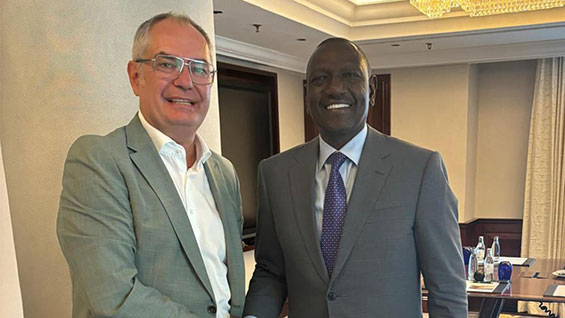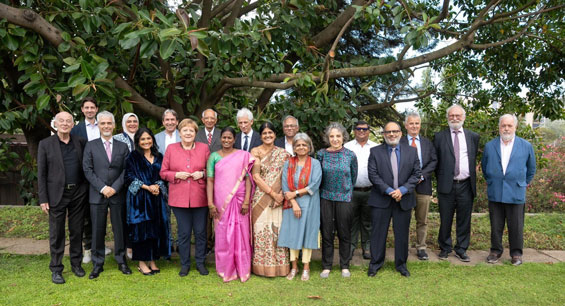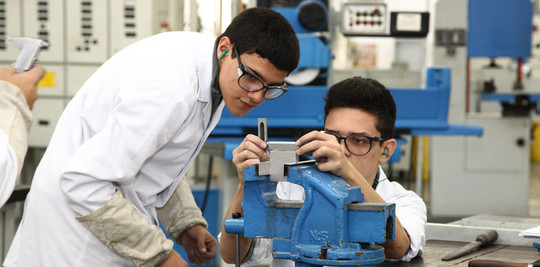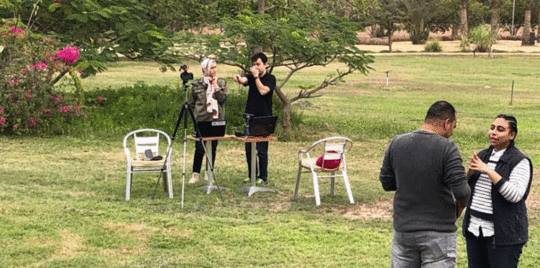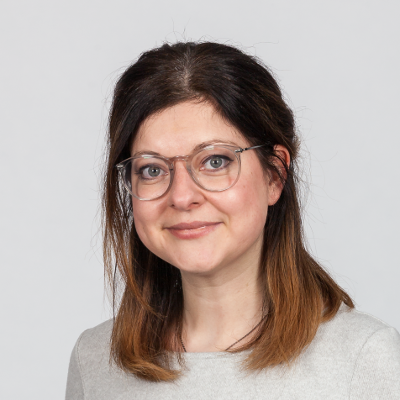IT trainings
IT trainings
Fit for the job market: IT courses aim to smooth the path to employment or a business start-up for Syrian refugees and disadvantaged Turkish groups.
As part of the TAMEB project (German-Turkish partnership for vocational qualification), the Bildungswerk der Bayerischen Wirtschaft (bbw) trains young Syrians as well as disadvantaged Turks in the field of IT together with Turkish partners in the city of Kilis. The vocational qualification courses are intended to make it easier for young people to access the Turkish jobs market, thereby smoothing the course towards integration in society.
At the same time, the bbw is training Turkish teachers so they can support the target group as optimally as possible.

Target group without career prospects
More than two million refugees have been registered in Turkey in the past few years. The city of Kilis, capital of the province of the same name, lies in the southeast of Turkey. Its location, in the immediate vicinity of the Syrian border, means it is particularly affected by the civil war raging there and the resultant wave of refugees. The lack of prospects for the refugees also places a burden on the municipalities accommodating them. IT courses in the city are intended to increase opportunities on the jobs market for both refugees and disadvantaged Turkish groups.
IT training and train-the-trainer
The bbw Group realises the IT training in cooperation with Turkish partners. The participants gain knowledge of MS Office, Web design as well as entrepreneurship, thereby enhancing their opportunities in the Turkish jobs market.
Parallel to this, the bbw organises train-the-trainer activities: The Turkish teachers are trained in educational practice and methods, how to work with the target group and how to offer livelihood advice.
The TAMEB project is funded by sequa with a fund from the Federal Ministry for Economic Cooperation and Development (BMZ). The sub-project IT Training will run for 20 months ending in April 2019.
Funding:


